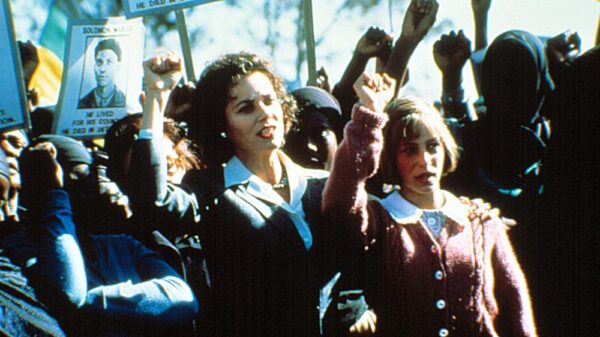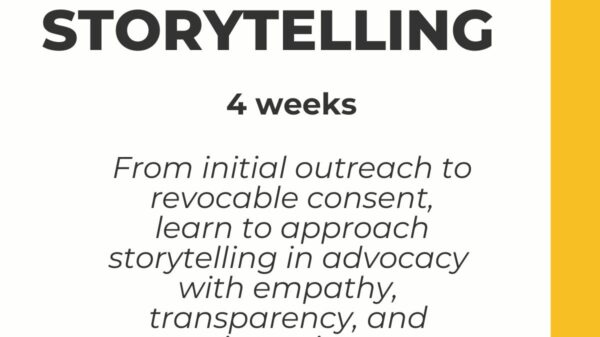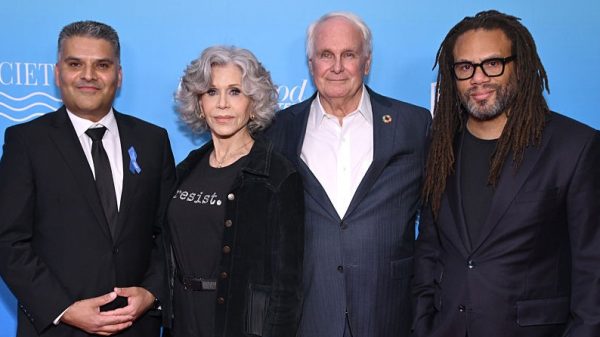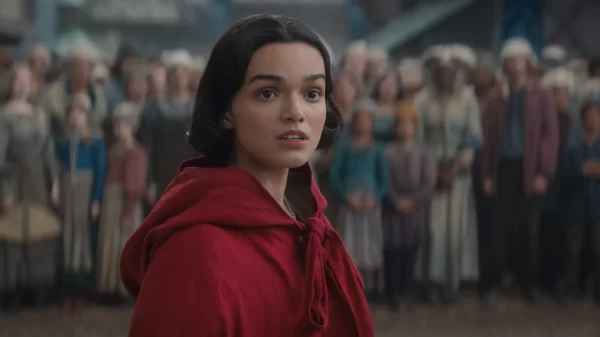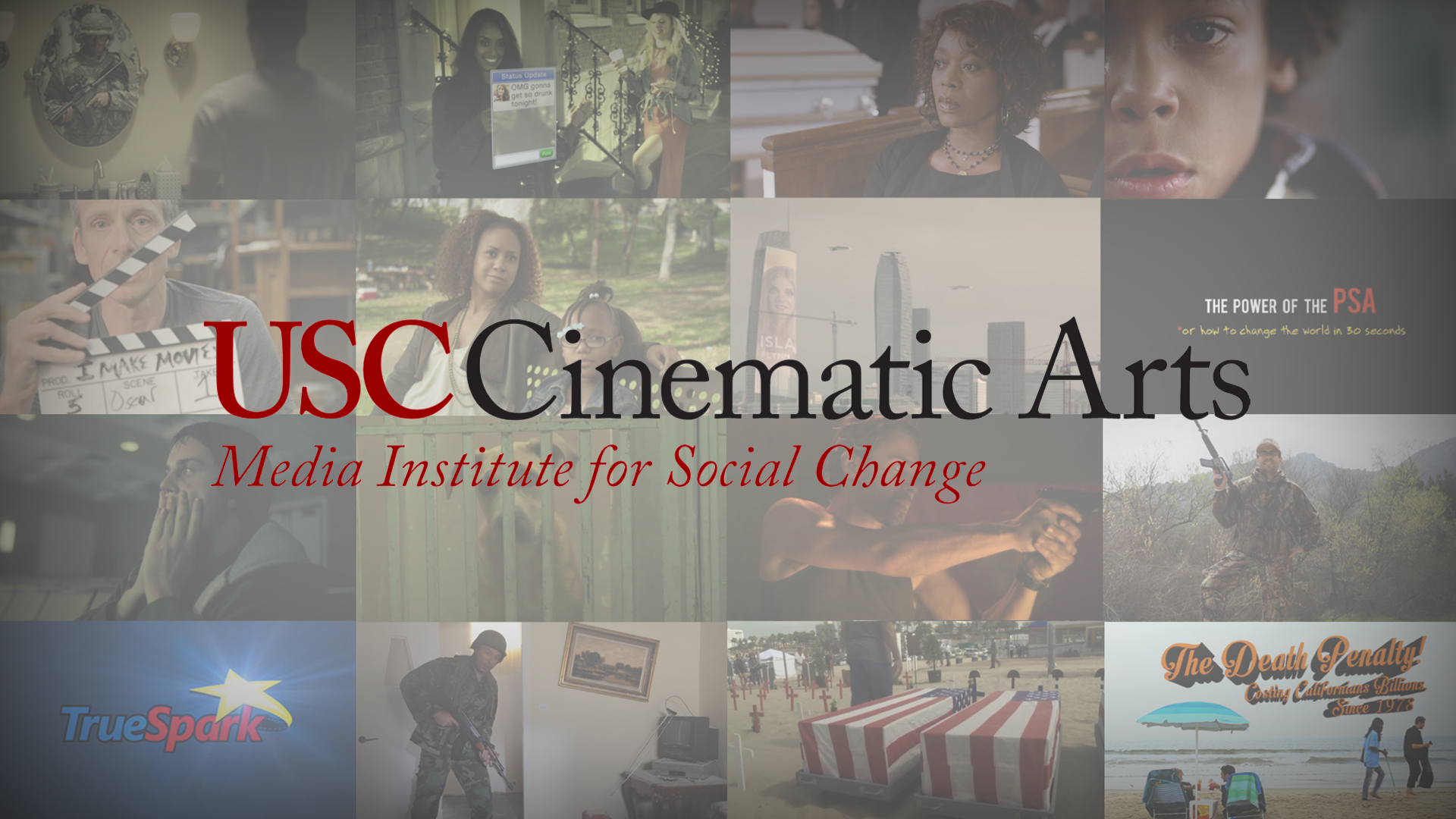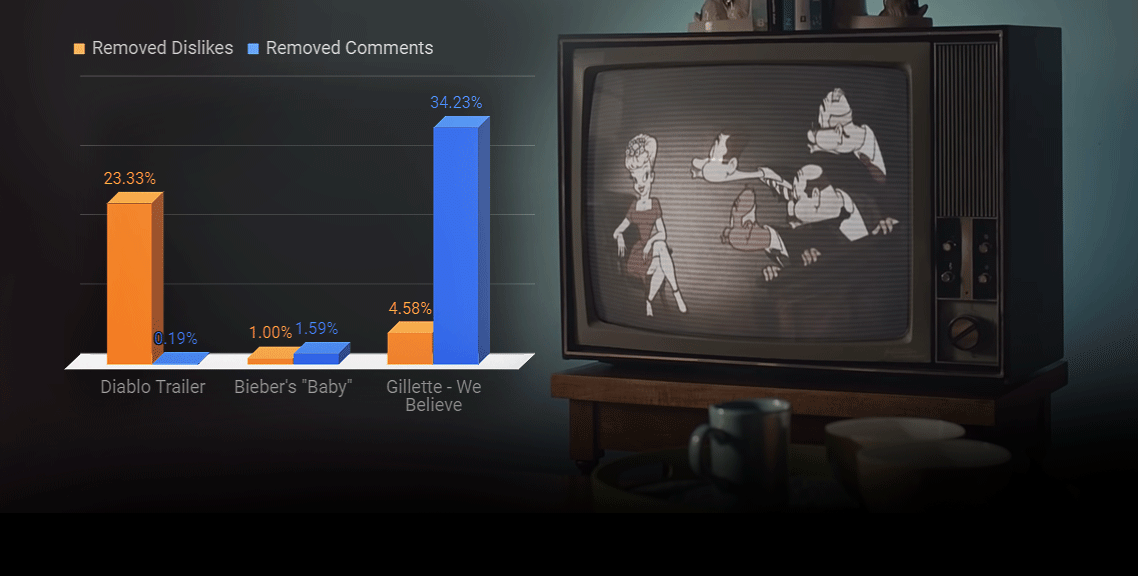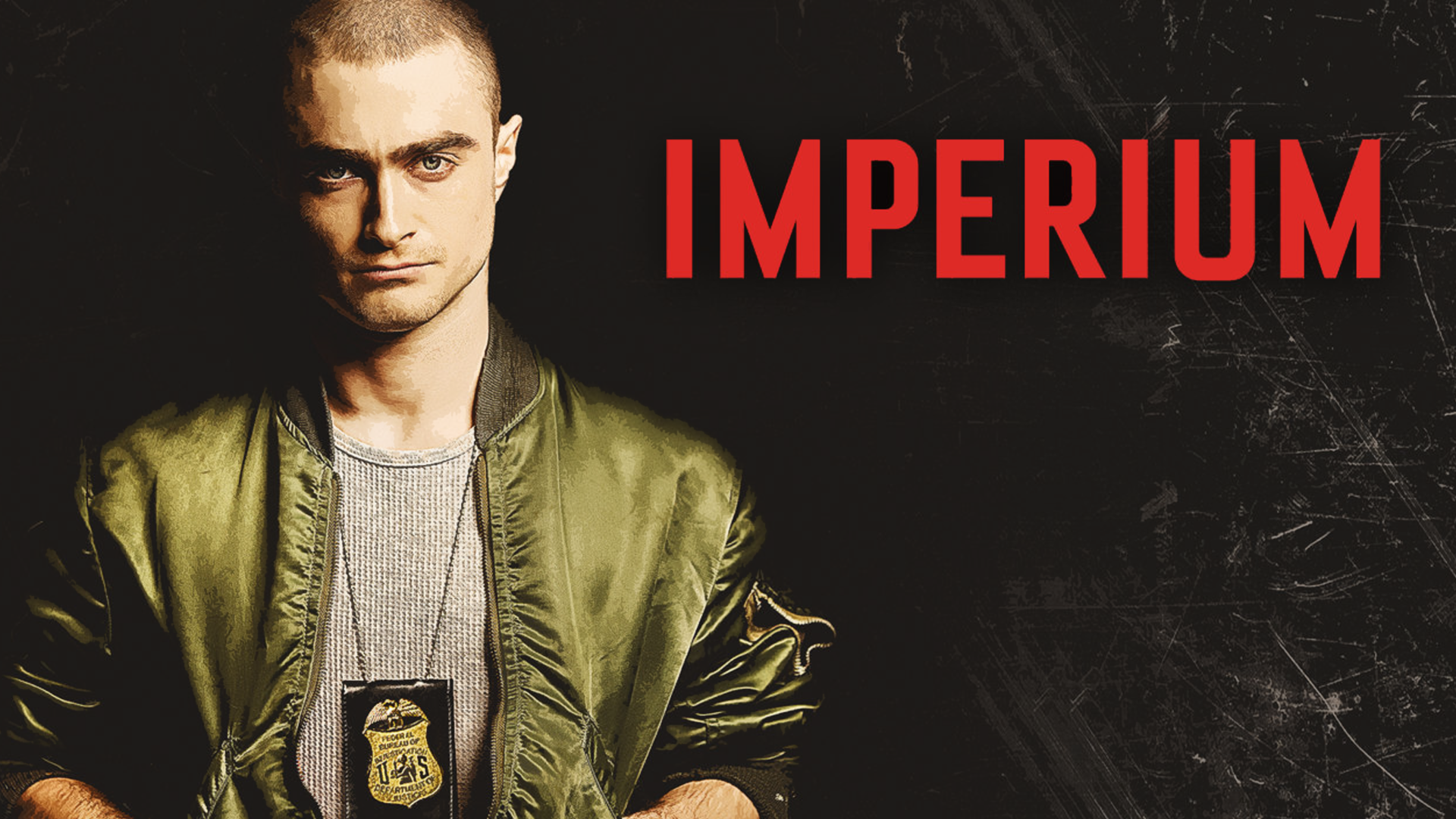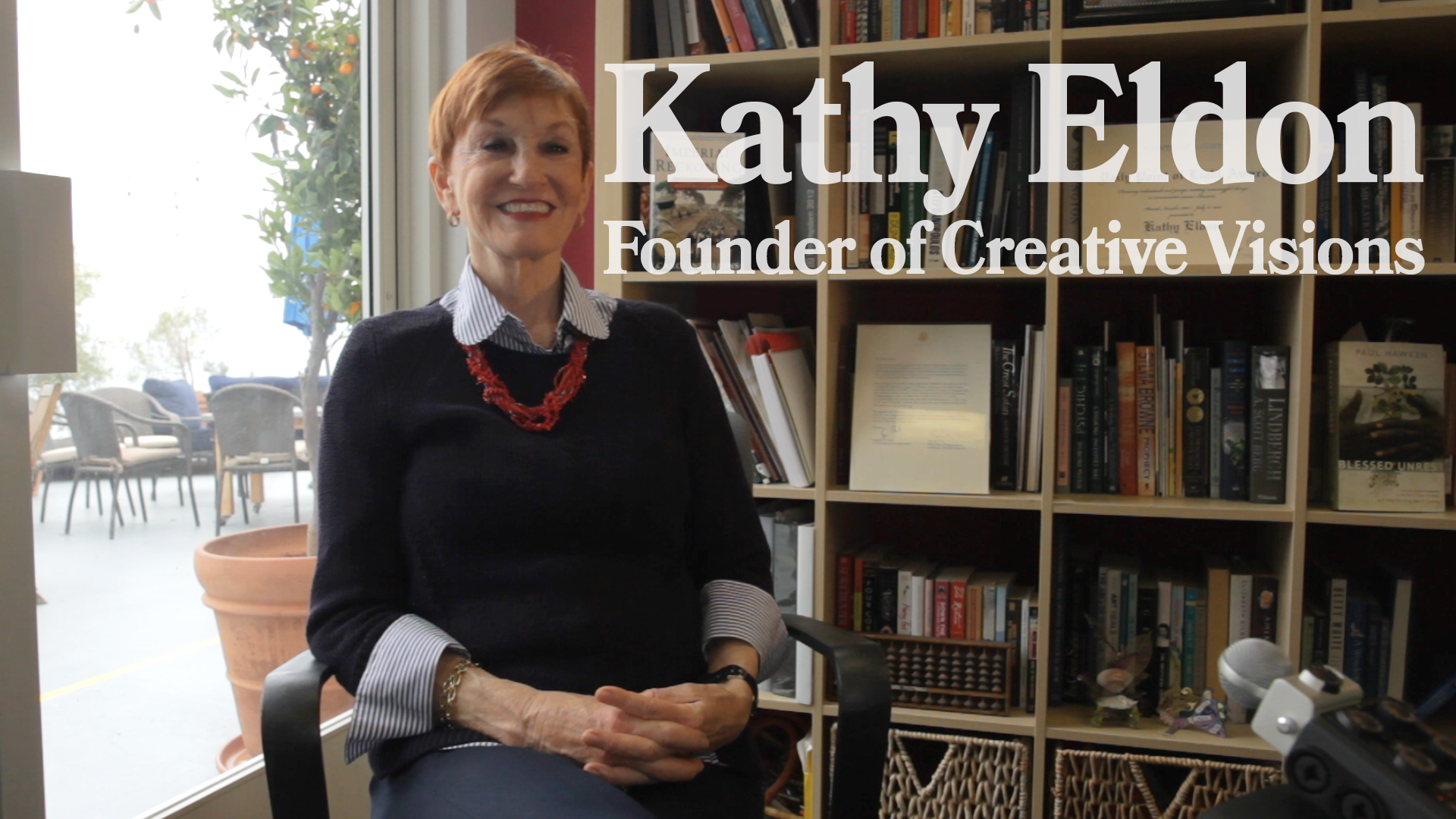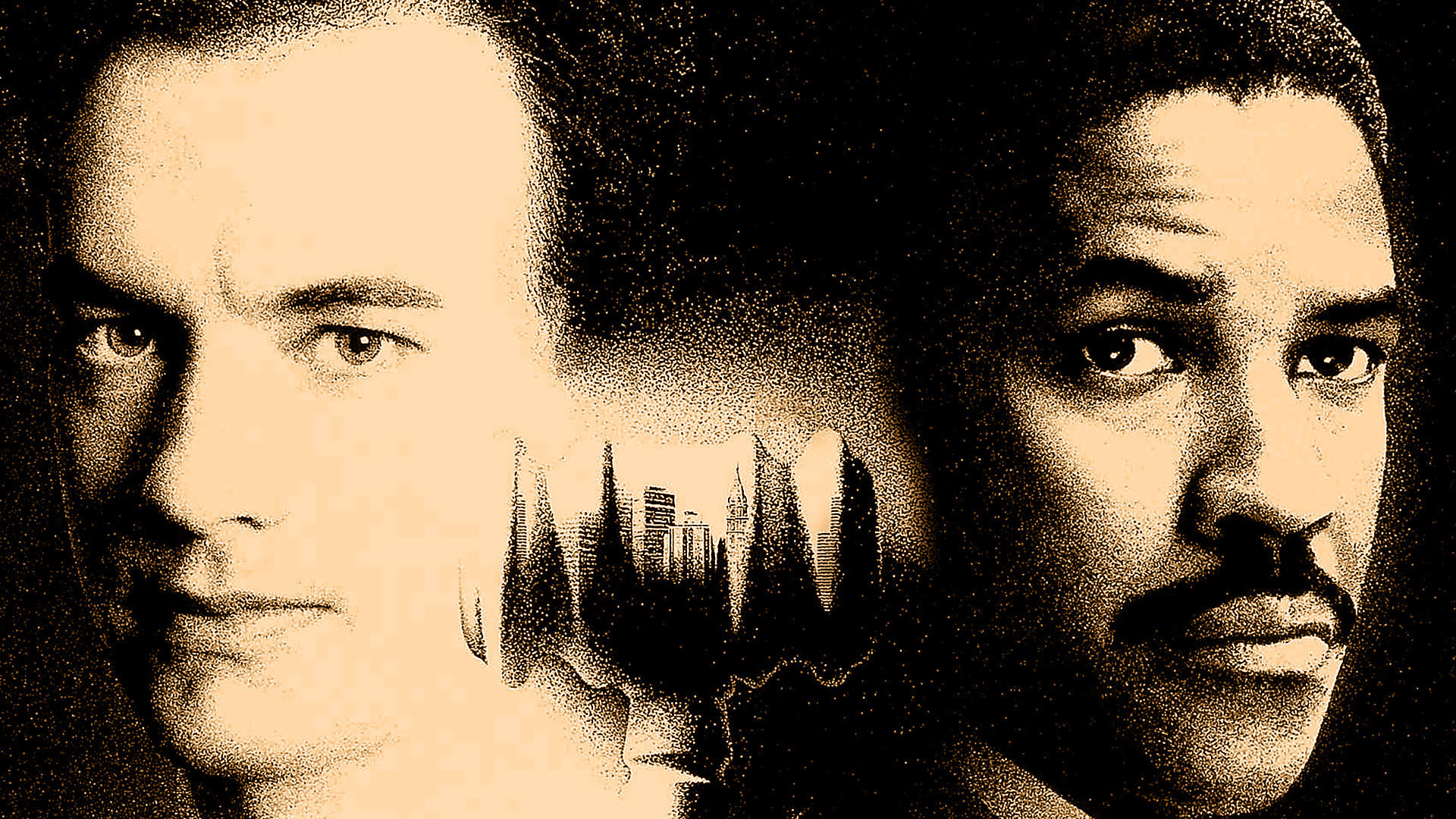It seems like today’s world cinema is separated into two categories: The one category is what we call ‘entertainment’ cinema – all those Blockbusters we watch with pleasure but without any other claim but to be entertained. The second category is the category of independent, experimental and documentary cinema: Inherent to all those films is an intellectual demand of the spectator; the audience wishes to find a truth in those films that tells them something new about our existing world.
Stunning about that (imaginary) division between the two categories is the place of fantasy films within them: When we think of ‘fantasy film’, mostly children’s movies made by Disney or Pixar pop in our heads. Without further thought it seems clear that the ‘fantasy’ genre certainly belongs to the category of the ‘entertainment’ cinema.
The power of imagination is one of the fundaments of filmmaking as such; a fundament that is essential for any narrative story. But when I look at the films of the last few years, it seems like only those fantastic stories that are directly related to a critical view of our ‘reality’, are claimed to be relevant for an ‘intellectual’ audience (and attributed to the ‘second’ category): Spike Jonze’s clearly stunning film Her is a fantastic, but sadly realistic future vision of the technical revolution; Jim Jarmusch’s Only Lovers Left Alive might tell a fantastic story, but is set in an overwhelmingly realistic and vast world. Both films try to make an argument about something that is directly related to what we call our ‘reality’. Not only those two examples, but the biggest part of critically acclaimed films is highly realistic or even tell historical or so called ‘true incident’ narratives.
The Fantasy films we know are ‘just for kids’; they merely entertain and obviously don’t effect anything in our ‘real’ world – do they?
“People like us [authors of fantastical literature] believe that a world, which is not habitable for children, won’t be habitable for adults as well in the end.”* (Michael Ende, ‘Zettelkasten’)
The German author Michael Ende (1929 – 1995), who wrote bestselling children’s novels such as ‘The Neverending Story’ explained some of his ideas and philosophical fundaments about fantasy and fiction in a published collection of letters and essays. This insight into the work of a fantasy author is really important for my own approach to a fantastical cinema.
Ende argues that fantasy authors like him are smiled at by other artists; their work doesn’t seem important or even necessary any more. He describes a certain movement in literature and art that seeks to be what Ende calls argumentative: Art is only regarded relevant, when it tries to make an argument about our world. What Ende criticizes about that development is that there isn’t any place anymore for fantastical and imaginary stories that don’t try to be argumentative. According to Ende, fantastic stories are essential not only for children, but for adults as well.
For me, Ende’s ideas about fantastical literature can be adopted to current cinema as well: There seems to be no place any more for fantasy in any other genre but the children’s film.
Yes, some might counter, it might be true: fantasy (films) are important for children and are certainly fun to watch for adults as well – but that does not mean they are more than entertainment, does it? A relevant Cinema, a Cinema that changes something, is a cinema that fights for the big ideas; a cinema that tells us important truths of our existing world and stands up for the ethics and morals of humanity, isn’t it?
And the only thing I can answer to those objections is: Exactly! – But still: not only. It is indeed fascinating how cinema can show us the world of others, and thereby bring us closer to the ones we never would have a chance to speak to. Cinema, like every other art, can indeed change something in the head of its spectator, it forces them to think – and this is one of the characteristics I love most about it. But there is something more; something that is often forgotten when talking about the power of cinema:
A realistic cinema, a documentary or socially critical narrative almost always tries to tell an existing truth. It is beyond the capacity of this article to discuss whether or not it might be possible to display something like an ‘objective’ truth – but I am sure that the attempt to do so is important enough: Yes, those films are necessary. Even, more: They are indispensable! Yes, Cinema can change something in trying (or attempting) to tell us truths we didn’t know about before. But there is more! The power of fantasy lies in a truth that is allowed to be subjective, a truth that has no limitations.
“If one wants to describe the truths that are within us, they need to use images that are different to the ones of our outside world.”*
What Ende tries to defend in his essays is simply the existence of a subjective and imaginary art, which does not try to use any arguments or intents as its fundament: The right of existence for a fantasy that does not need to be tied to reality at all. The power of this fantastic fiction lies in the fascination that it bears for all of us, children and adults. We all need fantastic stories, because they can tell us the subjective truths of who we all are. They bear a fascination and enthusiasm that can unify us all: “It is one thing to defend values, but it is something else to create or renew them. What can all those socially critical argumentations against the poisoning and destruction of the nature do, when the tree itself actually doesn’t mean something to us anymore?”*
But what could all that tell us about cinema?
For me, a cinema that changes something does not need to be ‘only’ a socially critical (Ende would call it argumentative) cinema. A cinema that changes something can also be a cinema that doesn’t start its creation with the idea of the change it tries to make. For me, a cinema of change should be allowed to be subjective and fantastical without any limits but the author’s imagination. The entitlement of art is art.
I believe that we as the audience should allow fantastical films to be aimed not only to children, but to adults as well. When we allow the two categories to cross over at some point, we may allow more films to emerge that don’t try to teach us something; but that we still can learn something from.
Then, we may discover that the subjective truth of a fantastic and imaginary world can sometimes be even realer than many attempts to display what we call the ‘objective’ truth of our reality: Cinema, like every other (narrative) art, sometimes needs to be untied from what we call the ‘real world’ to unfold its true power.
*All quotes translated into English by the author. Source: Ende, Michael: Zettelkasten. Skizzen & Notizen. Piper Verlag, Munich 2011.


